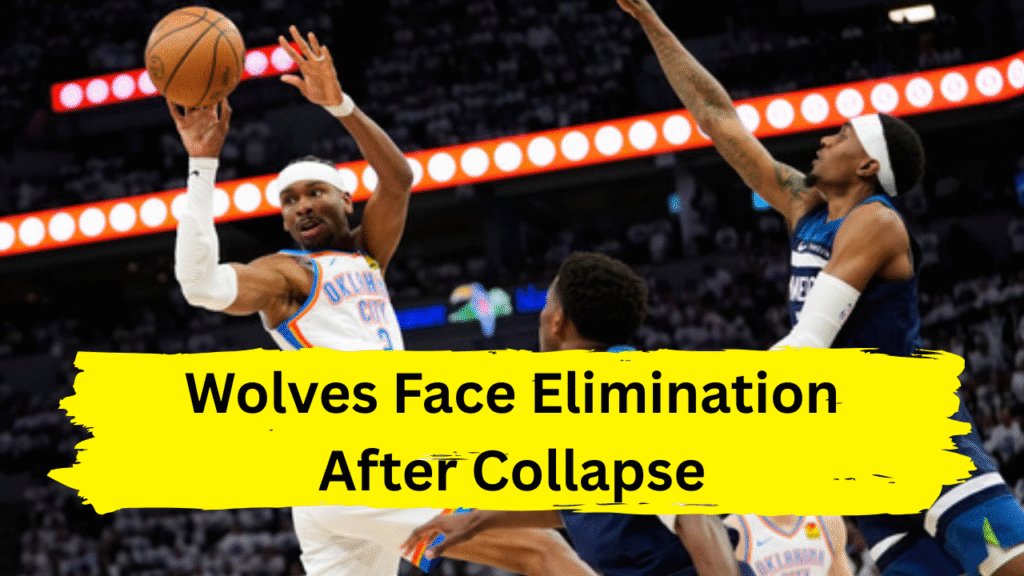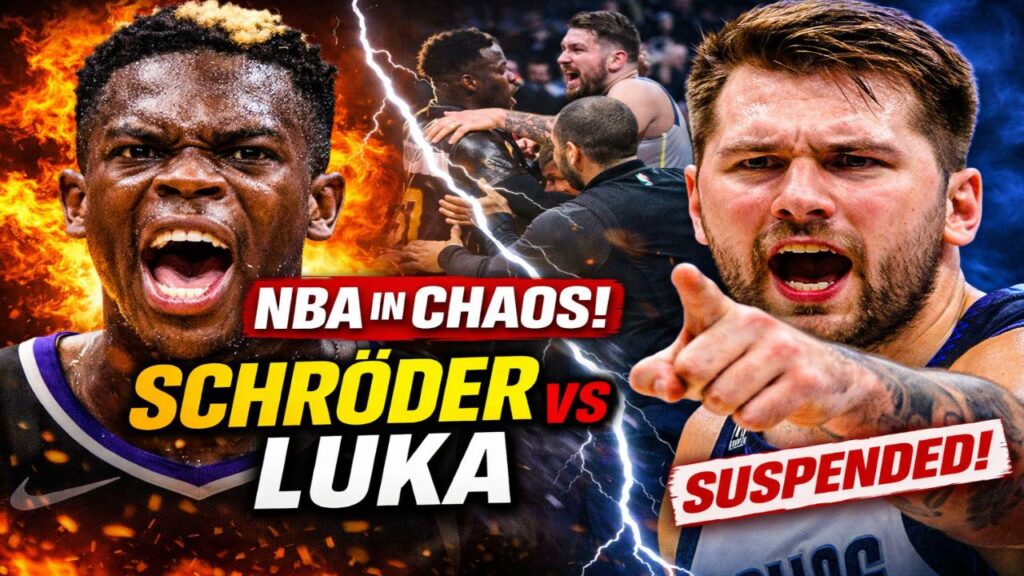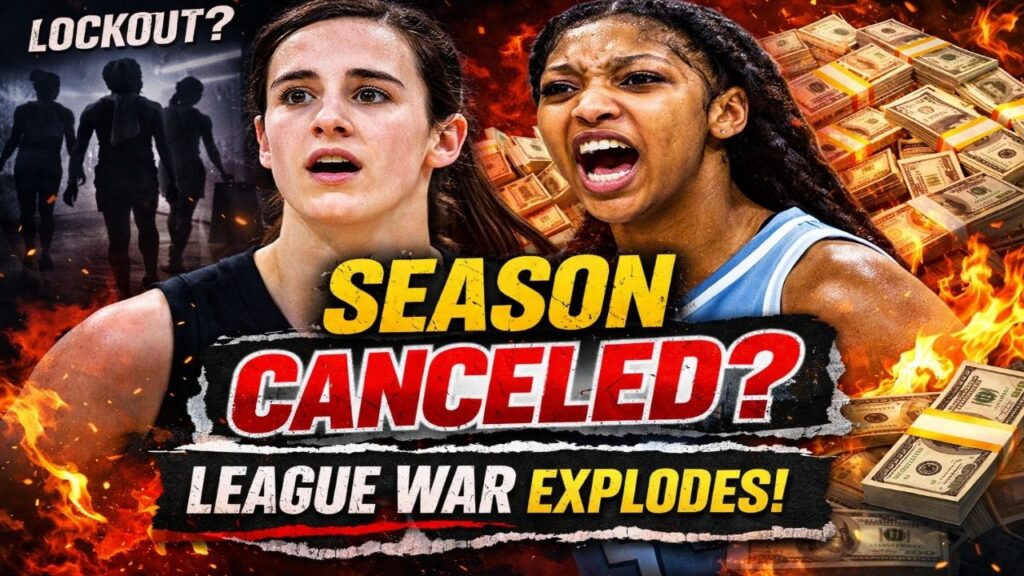The Minnesota Timberwolves’ remarkable 2025 playoff run now teeters on the brink of collapse. After a stunning late-season surge catapulted them into the Western Conference Finals, the Wolves have stumbled in critical home games against the Oklahoma City Thunder, falling into a 3-1 series deficit. Their inability to defend their home court has left fans wondering: Can this team rally from the edge of elimination, or is their Cinderella story nearing its end?
A Season Defined by Resilience
Minnesota’s journey to this point has been anything but linear. By late February, the Wolves languished at 32-29, ninth in the West, their offseason trade of Karl-Anthony Towns for Julius Randle and Donte DiVincenzo appearing disastrous . But a dramatic turnaround followed. From March onward, Minnesota posted a 17-4 record—the NBA’s second-best—fueled by an offensive renaissance. Abandoning midrange shots in favor of relentless rim attacks, they surged to second in offensive efficiency, with Randle rediscovering his All-NBA form and Anthony Edwards evolving into a bona fide superstar .
Their playoff momentum seemed unstoppable. They dispatched the Lakers and Warriors in five games each, leaning on Edwards’ explosive scoring and Rudy Gobert’s interior dominance. Yet, facing the Thunder—a team with the league’s best record and a historically elite defense—the Wolves’ flaws have been laid bare.
The Thunder’s Defensive Stranglehold
Oklahoma City’s defensive scheme has neutralized Minnesota’s strengths. By clogging the paint with agile perimeter defenders like Luguentz Dort and Cason Wallace, the Thunder have forced the Wolves into a perimeter-heavy approach. Minnesota attempted 51 threes in Game 1 alone, a stark departure from their identity as paint predators . The results have been disastrous: role players like DiVincenzo, Mike Conley, and Jaden McDaniels, who shot 38% from deep in the regular season, have plummeted to 32% in the playoffs .
Compounding the issue is Oklahoma City’s ability to stifle Edwards. The Thunder’s swarming defenders have limited his drives, forcing him into contested jumpers. Edwards, who averaged 32 points in the first two rounds, managed just 18 in Game 1 and 32 in Game 2 on inefficient shooting, highlighting his struggles against OKC’s length and discipline . Meanwhile, Randle’s inconsistency has resurfaced—after a strong Game 1, he vanished in Game 2, benched in the fourth quarter as the Thunder pulled away .
Home Court No Haven
The Wolves’ failure to protect home court in Games 3 and 4 has been particularly damning. Once a fortress, the Target Center saw Minnesota outscored by 42 points combined in those losses. This aligns with a broader NBA trend: home-court advantage has eroded in recent years, with road teams winning nearly 50% of playoff games this season . Yet, for a team like Minnesota—lacking Finals experience—home losses in high-stakes games have amplified pressure.
Path to Survival: Adjustments and Urgency
To force a Game 6, the Wolves must solve Oklahoma City’s defensive puzzle. This starts with reestablishing their rim dominance. Gobert, who dominated the Lakers with a 27-point, 24-rebound masterpiece in the first round, has been neutralized by OKC’s small-ball lineups . Minnesota needs to leverage his screening and offensive rebounding to create second-chance opportunities.
Edwards, too, must embrace his role as a closer. His post-Game 1 vow to “shoot more” reflects the urgency required . Meanwhile, Randle’s playmaking could unlock stagnant possessions, provided he curbs his turnover tendencies. Role players like DiVincenzo and Conley must rediscover their shooting strokes to punish OKC’s defensive gambles.
Defensively, containing Shai Gilgeous-Alexander remains paramount. The MVP torched Minnesota for 38 points in Game 2, outdueling Edwards and exposing the Wolves’ lack of perimeter stoppers beyond Jaden McDaniels . Slowing SGA’s midrange mastery and forcing his supporting cast—like Jalen Williams, who has 45 points and 18 rebounds in the series—into uncomfortable roles could tilt momentum .
Legacy on the Line
For Minnesota, this series represents more than a playoff exit. It’s a test of their evolution from perennial underachievers to legitimate contenders. A loss would mark their second straight conference finals defeat, raising questions about Edwards’ readiness to lead a title team and Randle’s playoff reliability. Yet, history offers glimmers of hope: the 1995 Rockets, the only sixth seed to win a title, rallied from a 3-1 deficit in the semifinals .
The Wolves’ resilience has defined their season. Now, facing elimination, they must channel that grit one more time. If not, their breakthrough year will end not with a bang, but a whimper—a reminder that in the NBA’s unforgiving playoffs, even the brightest stories can fade fast.
As Game 5 looms in Oklahoma City, the Wolves’ mantra is clear: adapt or perish. The clock is ticking.


